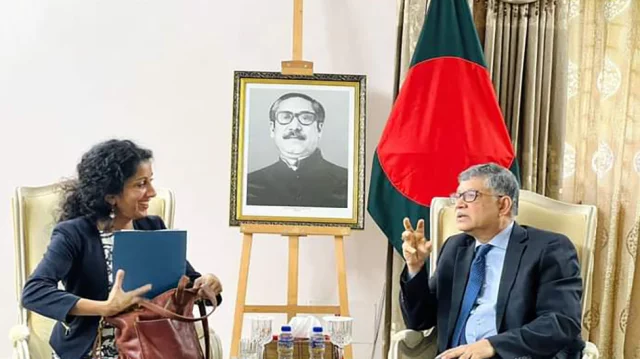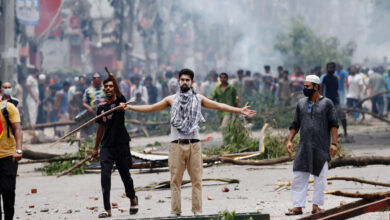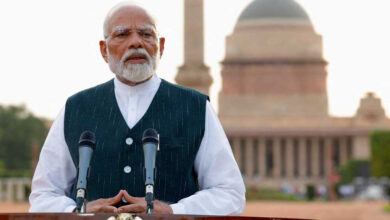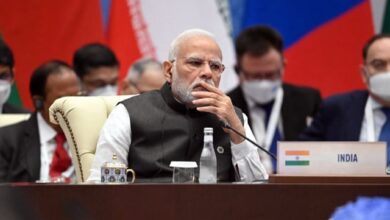Global perspectives on Bangladesh: Is US becoming isolated?
Western powers used to share similar stances on Bangladesh

By Sheikh Shahriar Zaman
The Western world’s stance on Bangladesh’s politics and elections used to be similar once–other countries would support Washington’s position. Although in the past, countries’ public attitudes on civil rights have been fairly similar, recently there has been a major shift in that aspect.
For example, when a volatile situation arose around a political rally on October 28 in Bangladesh, on the same day the United States expressed “concern” and “condemned” the incident as “political violence”.
A day later, the European Union issued a much softer statement saying it was “deeply saddened” by the incident, only mentioning “violence”.
Following the EU statement, seven countries – the US, the UK, Australia, Japan, Norway, Switzerland, and South Korea – issued a joint statement expressing their “concern”.
A look at the statements shows different responses to the same incident. While the US statement is strict, the EU’s statement is flexible and the seven countries’ statement is somewhere in the middle.
When asked about this, a former diplomat said: “A country expresses its attitude towards another country through such public statements.”
If the matter is considered, it can be said that not everyone in the West agrees with the opinion of the United States, he said, adding: “The time has not yet come to call America a ‘lonely boy’. However, whether or how the differences between the countries of the Western world will be resolved is something that remains to be seen.”
Agreement, disagreement of opinion
In some respects, every Western player holds the same opinion and speaks in the same tone, such as on topics of free, fair and peaceful elections, freedom of expression, the expanded sphere of civil society, and other civil rights.
In this regard, an official said: “There is consensus among all on the issues of civil rights on a large scale. At the same time, Bangladesh also does not disagree with this.”
He said the authorities and the government have always said the election will be fair, the media enjoys freedom, and the civil society is not prevented from functioning.
However, when asked where the difference of opinion is, he said: “Even if everyone talks about establishing civil rights, if it is not properly observed, then there is a difference between the countries in taking punitive measures.”
For example, he said, after the Rana Plaza accident in 2013, the whole world condemned Bangladesh in various ways and many cases in strong terms, but did not take any punitive action, and the only exception was the United States. The United States also took away the meagre US GSP benefits that Bangladesh was getting at that time.
Similarly, while the United States has imposed sanctions on the RAB, other countries have not taken any similar measures against Bangladeshi law enforcement.
Politics and development
The United States views its political relationship with a country and participation in its development progress through the same lens. On the other hand, the European Union and other countries view the matter differently.
In this regard, another former diplomat said: “If [a country’s] political relations with the United States are not good, there may be various obstacles in the provision of development assistance to that country.”
As an example, he said, Bangladesh does not receive any kind of assistance in the infrastructure sector from the United States Development Finance Corporation. In this case, the United States uses Bangladesh’s labour situation as an excuse. That is why the United States has not given anything through the corporation to Bangladesh despite financing about $3.7 billion in 110 countries.
On the other hand, the EU has created a fund called Global Gateway, from which Bangladesh has recently received a loan of €450 million, he said.
“The US and the EU use similar standards for labour rights,” he said, adding: “Rather, the EU standards are stricter in some cases. If the EU agrees to provide funds for Bangladesh and the United States makes excuses, it must be because of political reasons.”




